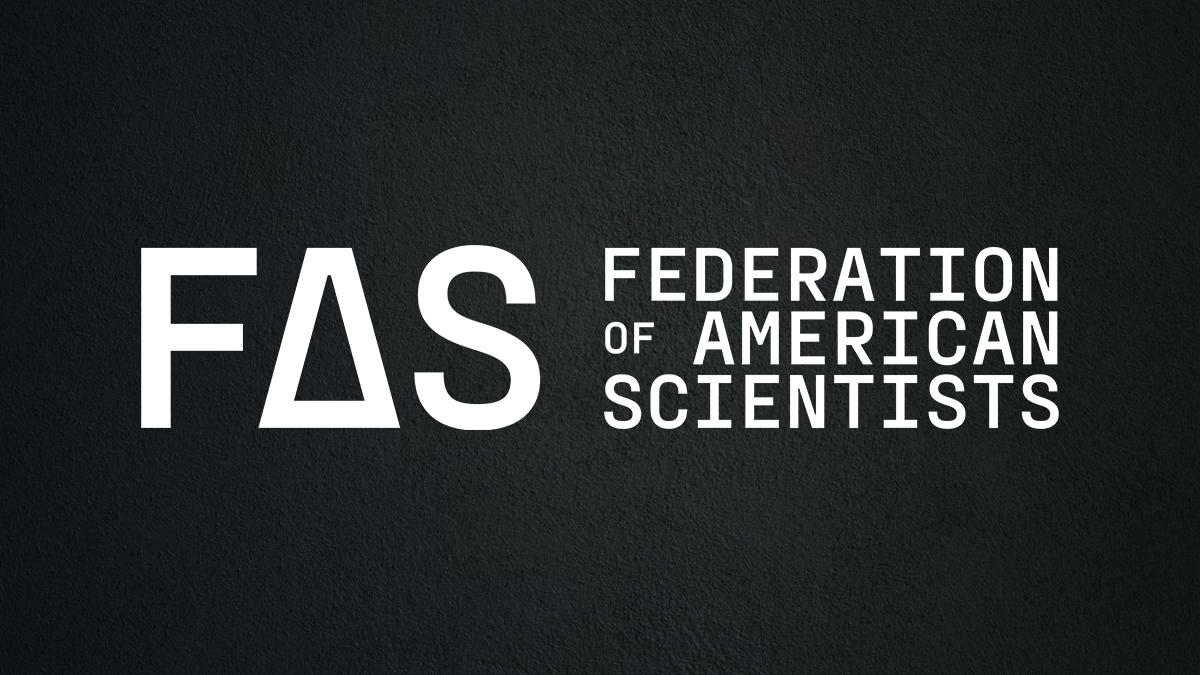
Position On The Heating and Cooling Relief Act of 2025
The Federation of American Scientists supports The Heating and Cooling Relief Act of 2025. With summer right around the corner, it is more important than ever to ensure life-saving home cooling is affordable to all Americans.
The Heating and Cooling Relief Act of 2025 helps mitigate the negative health impacts of extreme heat through necessary modernizations of the Low-Income Home Energy Assistance Program (LIHEAP). The bill includes key provisions of the 2025 Heat Policy Agenda, including ensuring LIHEAP is reauthorized at a level to meet the demand from all eligible households, expanding emergency assistance authorities and funding to cover heating and cooling support during extreme temperature events, preventing energy shutoffs for LIHEAP beneficiaries, increasing the share of funding that can go towards preventative weatherization measures, and requiring the following studies:
- A study on safe residential temperature standards for federally assisted housing in consultation with the Department of Housing and Urban Development, and strategies to keep housing within safe temperature ranges.
- A study from State Energy Offices that receive federal funds on pathways to retrofit the low-income housing stock to ensure it is adapted to rising temperatures, such as through efficient cooling systems and passive cooling.
“Access to affordable energy is crucial for health security, especially during extreme temperatures. Yet 1 in 6 households can’t afford their energy bills, and the costs of heating and cooling homes are continuing to climb,” says Grace Wickerson, Senior Manager, Climate and Health. “The Federation of American Scientists is proud to support the Heating and Cooling Relief Act of 2025 bill to bring down the cost of energy for Americans through immediate relief as well as forward-thinking investments in resilience.”
Cities need to rapidly become compact, efficient, electrified, and nature‑rich urban ecosystems where we take better care of each other and avoid locking in more sprawl and fossil‑fuel dependence.
Hurricanes cause around 24 deaths per storm – but the longer-term consequences kill thousands more. With extreme weather events becoming ever-more common, there is a national and moral imperative to rethink not just who responds to disasters, but for how long and to what end.
This year’s Red Sky Summit was an opportunity to further consider what the role of fire tech can and should be – and how public policy can support its development, scaling, and application.
Promising examples of progress are emerging from the Boston metropolitan area that show the power of partnership between researchers, government officials, practitioners, and community-based organizations.